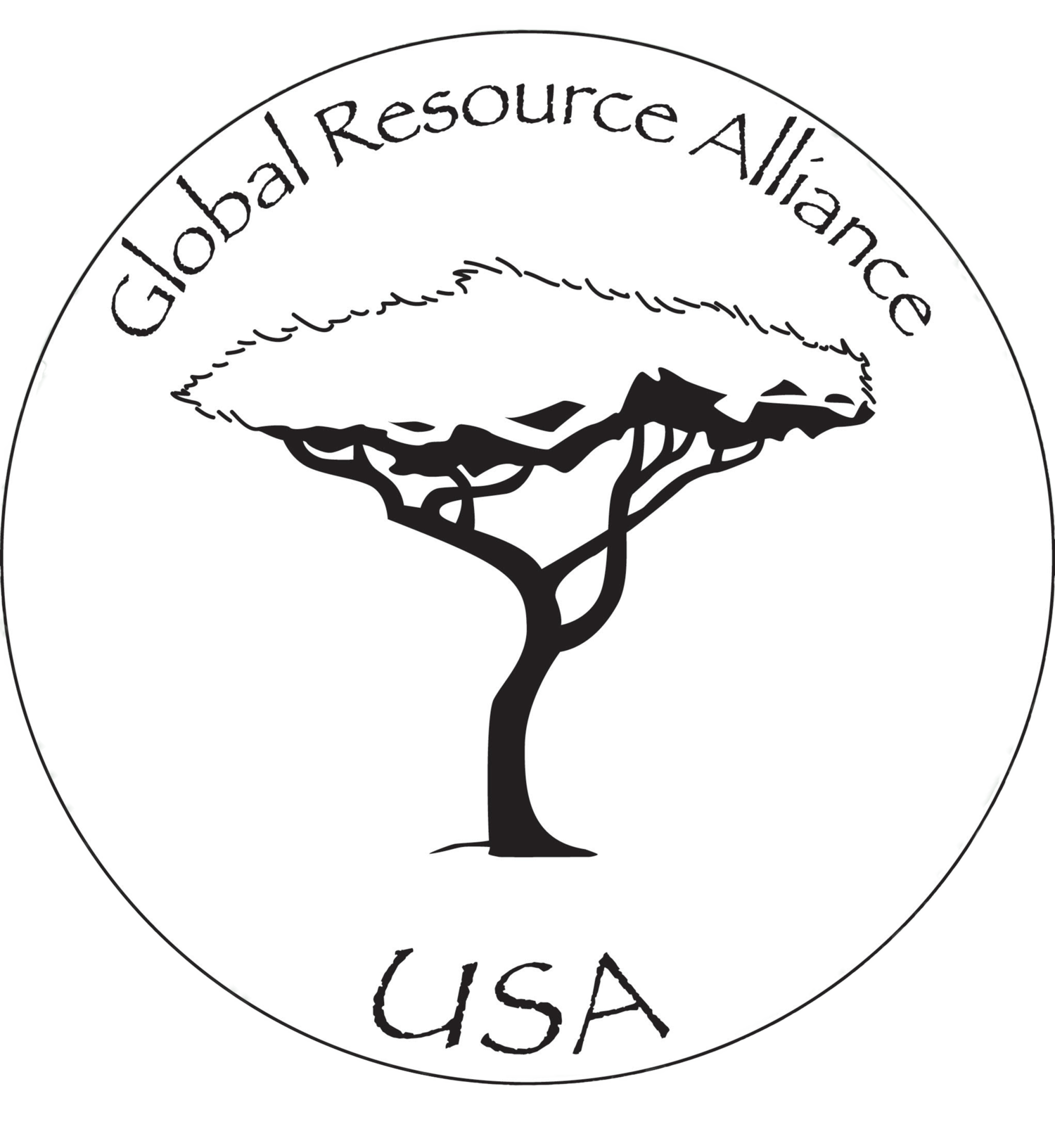What We Did in 2017
Tree Planting
GRA distributed 47,658 trees for carbon offset/social responsibility purposes and to support the local communities and ecosystems. This brings the total number of trees planted since inception of the project in 2010 to over 600,000.
Maintained a team of two trainers and four permanent workers to operate the tree nursery on the 8 acre permaculture plot in Kinesi Village and planted more than thirty different kinds of trees in the nursery including fruit, medicinal, timber, ornamental, fencing and nitrogen fixing trees.
Trained over 500 individuals, schools and community groups to plant and care for trees. Free trees were given to those individuals and groups that prepared holes to plant the trees. This year we have continued to focus our efforts on educating children to plant trees at their school grounds. Most schools have a good track record of keeping the trees alive providing care on a regular basis. We have supported more than 150 primary and secondary schools in the region (Rorya, Butiama and Tarime districts).
We have covered about 600 hectares of land and served nearly 3,000 customers since 2010.
Started to plant a sustainable charcoal forest on five acres donated by the Kinesi Village Council that will mature over the coming years as an alternative to deforestation in the region. Five thousand trees have been planted to date. An economical, high efficiency charcoal kiln will be constructed on the site in one or two years when the trees are large enough to be coppiced.
Permaculture
Continued to develop the Kinesi Village Permaculture Project with the local villagers on 8 acres of land donated to GRA by the Village Council to grow food for 35 families caring for orphans. This plot grows hundreds of trees for food, lumber and habitat, staple foods like corn, beans, sweet potatoes, sorghum, cassava, peanuts and a variety of vegetables and plants for medicinal purposes.
Offered weekly permaculture training to orphans’ families and community members interested in learning topics like compost making, crop rotation and interplanting, natural insecticides, etc.
Herbal Remedies
Continued to grow, process and sell herbal products at affordable prices to hundreds of customers to treat all types of tropical diseases including malaria, parasites, malnutrition, yellow fever, amoebas and tuberculosis. We also continued to produce and distribute moringa / amaranthus supplements that greatly enhance the wellbeing of people living with HIV/AIDS and other chronic conditions.
Provided free remedies for over 100 people most in need like orphans, elders and the poorest of the poor. GRA herbalist Lucy Ndege also offered consultations for those in need.
Free distribution and training on the use of Master Mineral Supplement (MMS) to disinfect water, treat malaria, and other tropical diseases with outstanding success.
Support for Orphans
Completed the 14th consecutive year of the Tumaini kwa Watoto (Hope for the Children) program that provides 69 orphans living with foster families in the Musoma area food, healthcare, school supplies, uniforms, shoes, school fees for secondary school students, college scholarships and weekly activities at the GRA-Tz office compound.
Continued support for 75 families caring for orphans in Kinesi Village. The program provides healthcare, school fees, uniforms and other supplies for these children. About 35 of the families come to collect organic food grown at GRA-Tz’s permaculture plot.
This year we expanded heath care coverage for all children and their guardians in both programs by applying to and paying for a government program that provides healthcare IDs for disadvantaged citizens.
Provided after-school English, math and science classes for the kids in the program several days a week both in Musoma town and Kinesi village. These classes are helping our children to be better prepared for their national exams and have a better chance to access secondary education.
Provided continuing scholarships for all 20 of the kids from the two orphans programs now enrolled in colleges, universities or post-secondary vocational education.
Rural Water Supply
Completed 11 successful “primary water” boreholes bringing our total over the past nine years to 131 successful boreholes.
Installed several solar submersible water pumping systems at schools and a bible center.
Wound down our drilling operations after the second GRA trained driller/manager opened a private, local rural water supply company.
Alternative Cooking Technology
Sold nearly 500 fuel efficient cook stoves via microfinance groups and government offices that reduce fuel consumption by 76%, toxic emissions by 58% and save users enough money each month to pay for the stove in less than six months and continue saving fuel, lives and money over the stove’s four to five year useful life.
Partnered with Finish NGO GoSol to install two commercial solar ovens at women’s groups in Musoma as a year-long pilot project to assess the feasibility of expanded distribution in the area.



